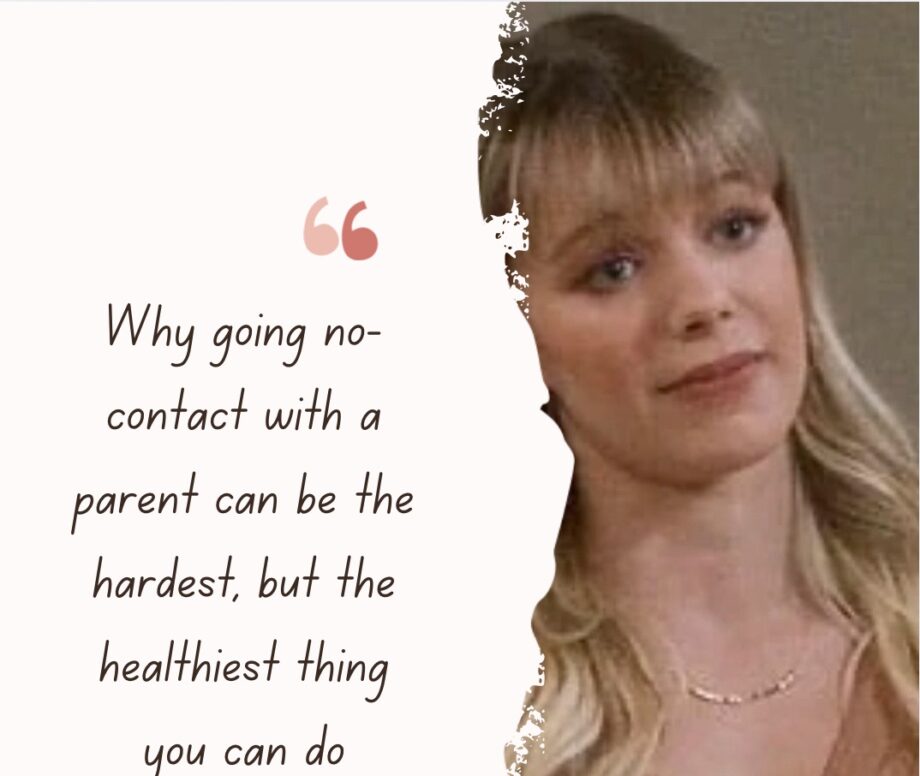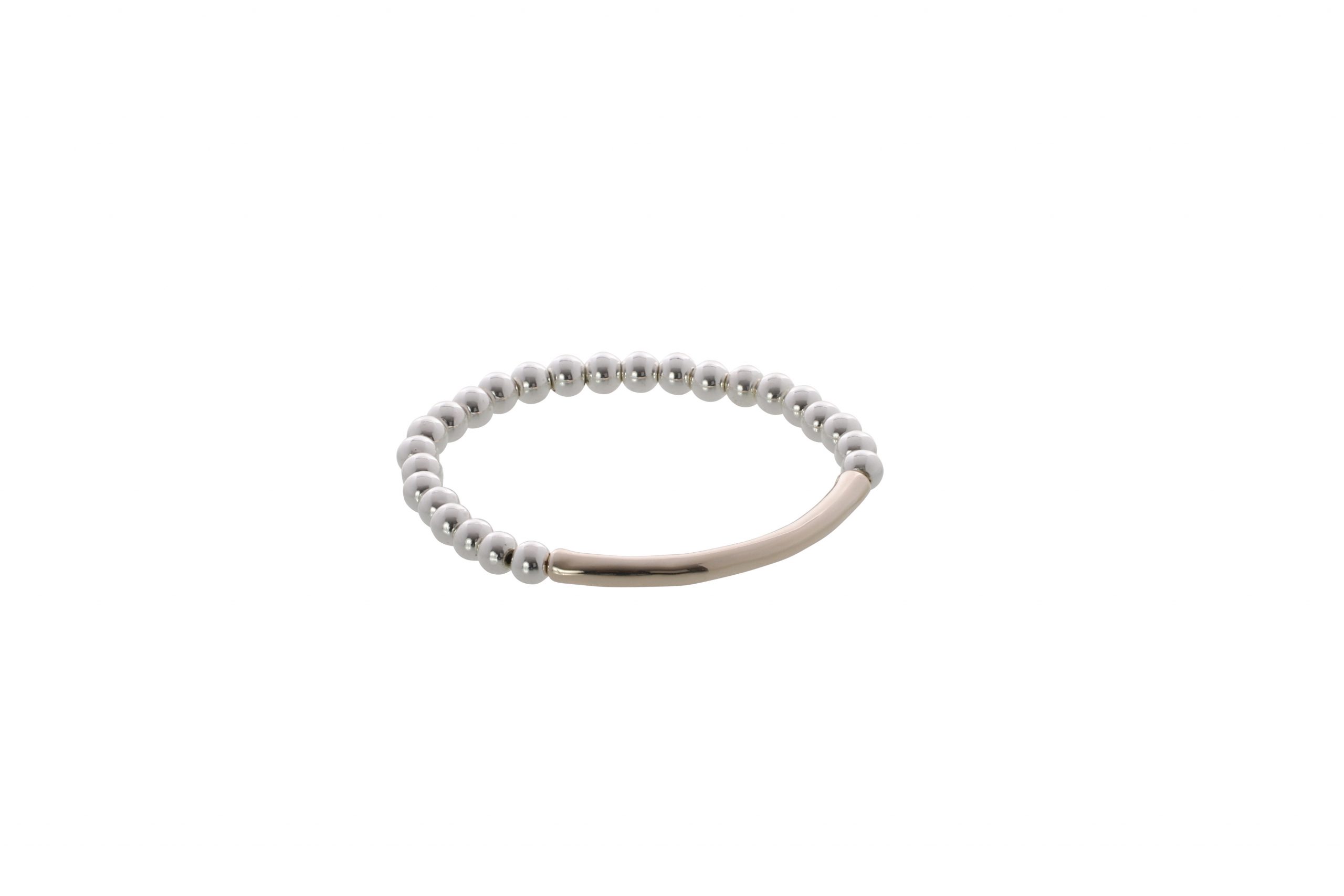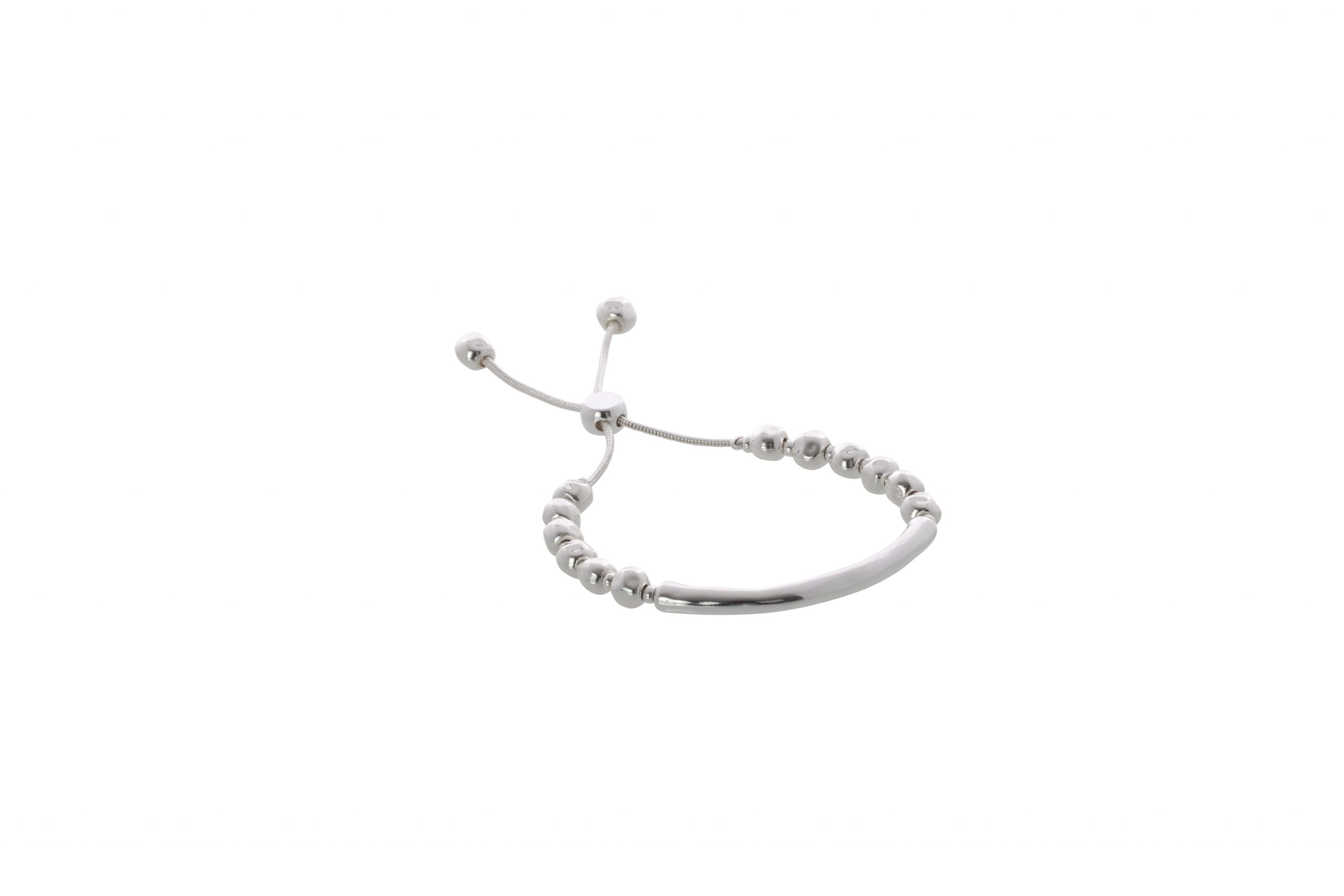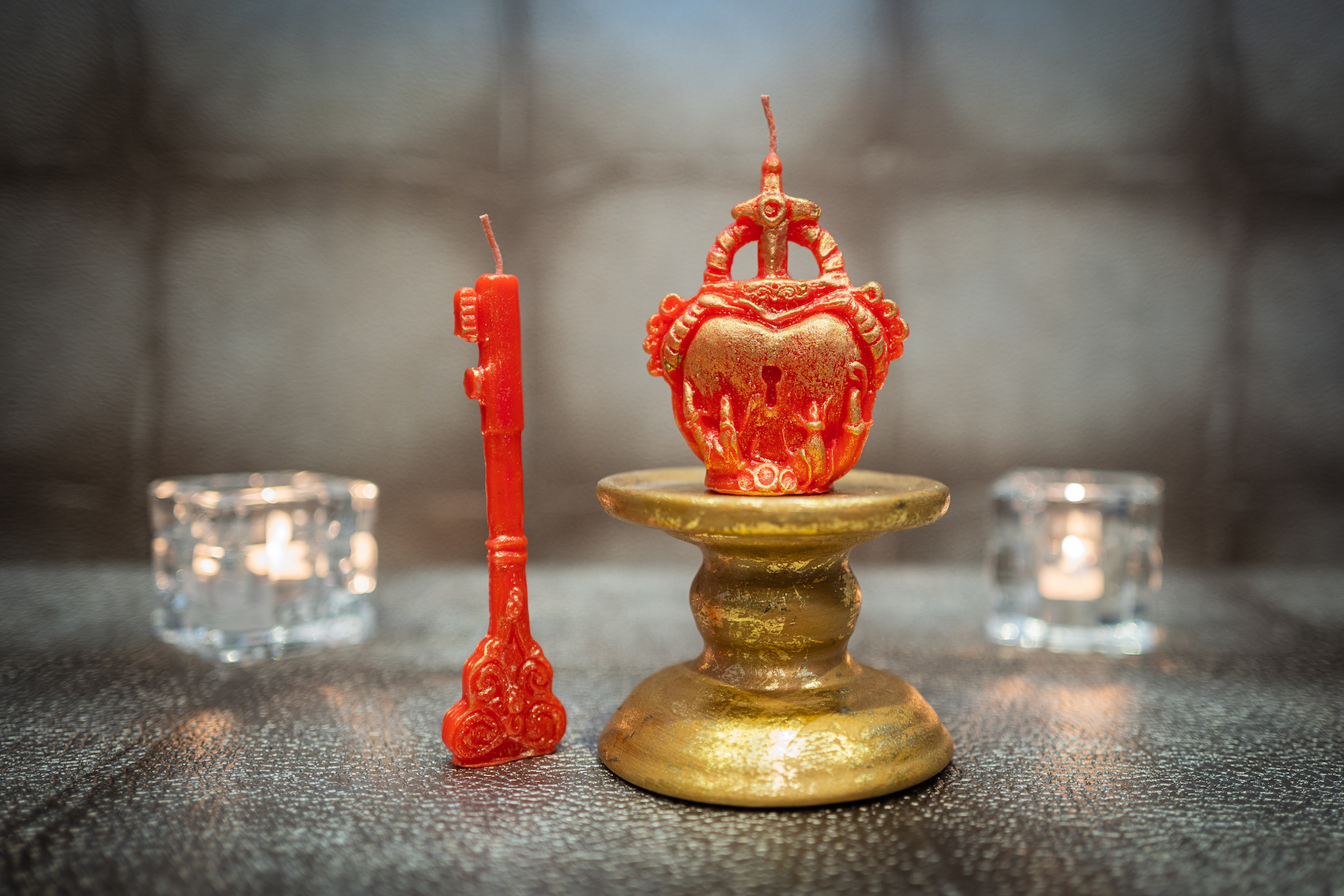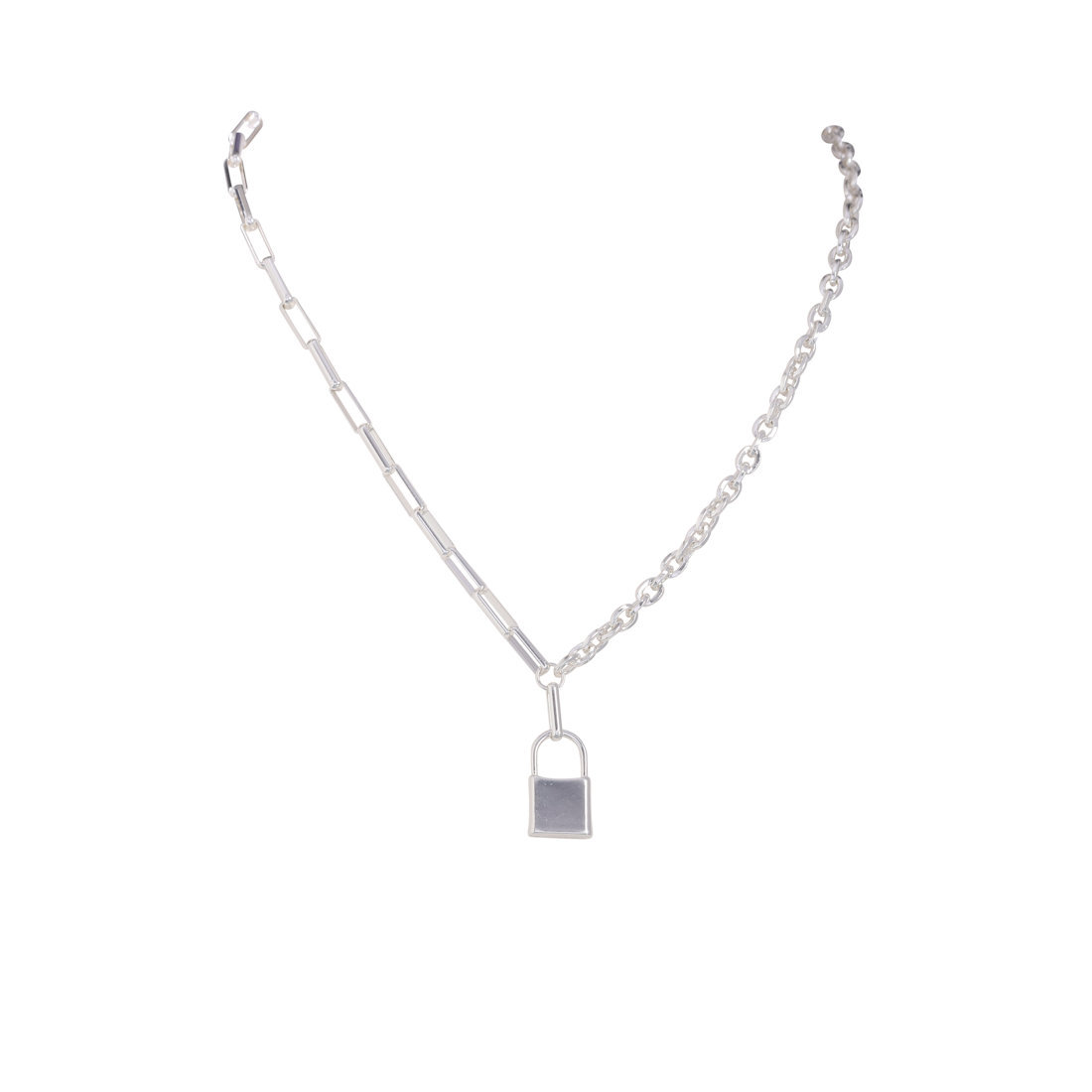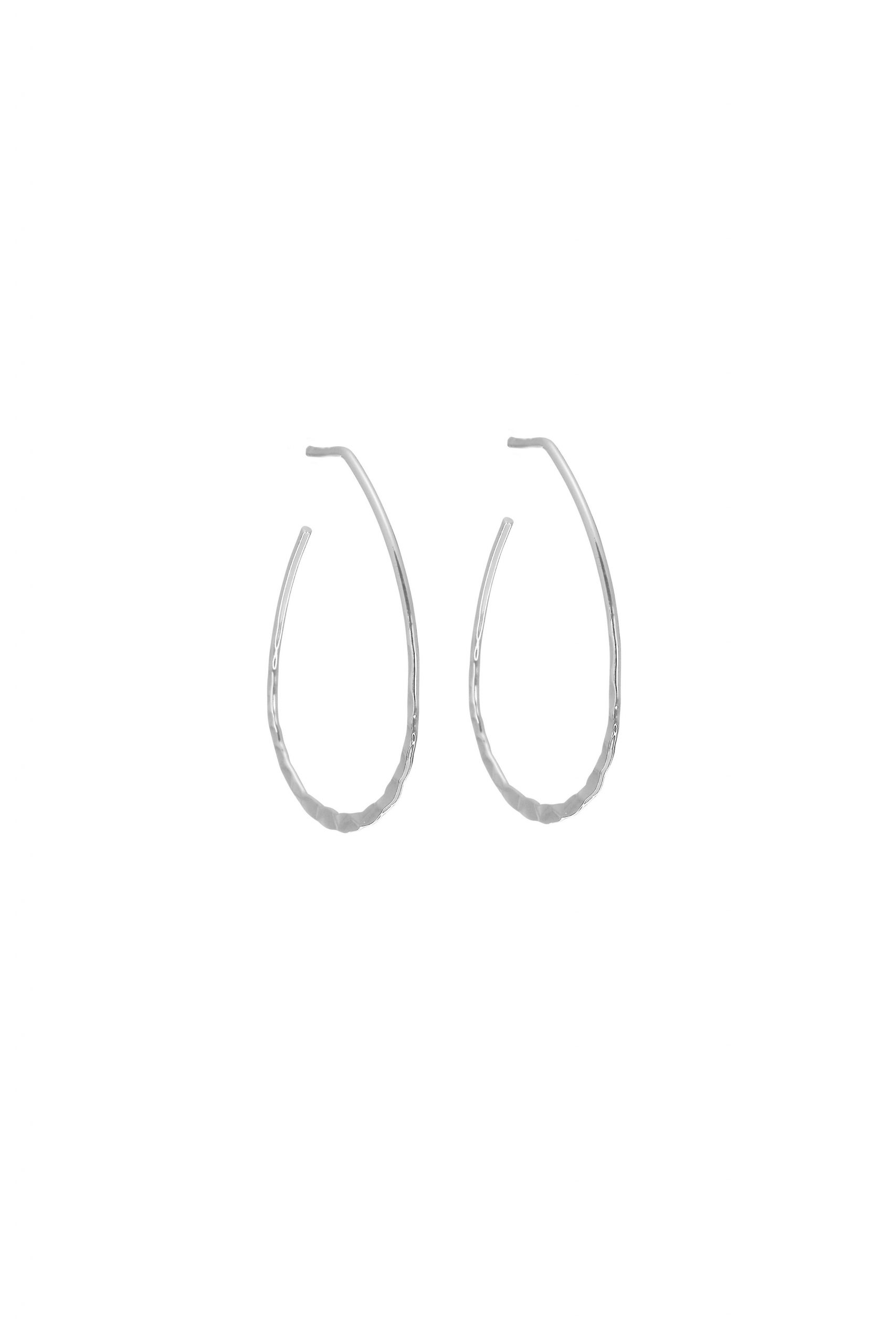Getting to write about PNES (Psychogenic Seizure Disorder) and Ellie Nash, a character originated in ‘Degrassi: The Next Generation’ brought so much perspective into my thought process. It brought so much light into mental health, seizures and the correlation between the two. I extensively wrote about my newfound realization on my seizure disorder; that I thought I had epilepsy, when really it was always PNES. You can read all about it in my previous post where Ellie Nash was the main subject matter… but only after you read THIS one. Trust me when I say it was a good one. I went deep into breaking down Ellie’s life and her struggle with mental health. More particularly, I heavily discussed her mom’s alcoholism and how it impacted Ellie’s entire life.
And speaking of alcoholism, motherhood, as well alcoholism and motherhood. By that, I mean that I want to talk about ‘Mom’, the television series starring Anna Fraris and Allison Janney, which ran between 2013 and 2021. The series was created by Chuck Lorre, the man behind ‘Roseanne’, ‘Two and a Half Men, ‘The Big Bang Theory’, and many more hits. It followed Christy Plunkett, played by Faris, a single mother who was in recovery from alcohol and drug abuse. She decided to start her life over in California with her two kids, working as a waitress and attending Alcoholics Anonymous meetings. Her mother, Bonnie, played by Jenney, also a recovering alcoholic, suddenly reappeared in her life after a 2 year estrangement. Her children are Violet and Roscoe. Christy had Violet when she was 17 years old, and Roscoe is the product of her second marriage to Baxter, a deadbeat but likable pothead.
The first half of the series follows Christy’s complicated home life with her children and mother. The series then changed direction and brought more focus on Christy and Bonnie’s support group as they relied on Marjorie, played by Mimi Kennedy, Jill, played by Jamie Pressly, Wendy, and Tammy. By season 8, Faris left the series. Her departure was explained as Christy going back to school to Perdue her dreams of becoming a lawyer. I personally think the show wasn’t the same without Christy, and it should’ve ended with season 7. The show didn’t feel natural after she left; and it wasn’t as smooth sailing as the change in direction made from focusing on Christy’s family life to her support group, and her friendships with the other members, and her ongoing complicated relationship with her mother.
But instead of focusing on Christy in this blog entry, as one might assume, I’d like to bring more of an emphasis on her daughter, Violet. I just don’t think she was ever given enough credit for the blossoming young woman that she’d become, even in spite of her upbringing. Let’s face it, it wasn’t an easy task being Christy’s daughter. The actress who portrayed her, Sadie Calvano, appeared as a series regular between seasons 1 and 3, a recurring character in season 4, and made a guest appearance in season 6. And you might say to yourself that Roscoe didn’t end up to be anything like Violet, but that was because he saw a different version of his mother, and he had his older sister to be a mother figure to him when their own mother was going through addiction. Many fans didn’t like Violet. In fact, I think they even hated her. They said she was an entitled brat. Others said she was spoiled, selfish, annoying, ungrateful, rude, snarky, and treated her mom poorly and unfairly. I’m here to tell you otherwise.
I think the best way I could describe Violet is by saying that she was a truly misunderstood character. We first met her when she was 16 years old. She was living with Christy, but it was evident that they were anything but the best of friends. In fact, most times it seemed like Violet couldn’t stand the sight of her. Just like her mother and grandmother before her, she got pregnant at 16. When we were first introduced to her, she was doing a pregnancy test, and according to her, it wasn’t even the first one she ever did.
But the biggest different between Violet and the two women before her was that she decided to give her baby up for adoption. She was always clear that she didn’t want to end up like her mother and grandmother. She wanted to better. She wanted to break the cycle. She wanted to do more with her life than Christy and Bonnie did with theirs. She wanted to go to school. She wanted to have a career. She didn’t only want that for herself, but for the baby too. She wanted the baby to at least have the chance to do all that as well. Christy initially had a tough time dealing with the fact that Violet made that decision. She tried her best to talk her out of it; even saying that it wasn’t violet’s decision, but HERS too. She said that as long as they were all together, and as long as they were a family, things would look great. But as soon as she stopped to think what their life would look like in 15, 20 years if Violet did keep the baby, she came to her senses and supported Violet in her decision. They were barely a family to begin with, so it was almost funny to me that Christy would think that things would’ve been different had Violet decided to keep the baby. It was even funnier that she had the audacity to call themselves to be a family.
Perhaps the one person who’d given Violet even the slightest sense of the definition of family was her boyfriend, Luke. He was the biological father of Violet’s unborn child, and he was the most supportive towards her during her pregnancy. He was initially against giving the baby up for adoption, and he later admitted to Christy that his real reasoning for it was that he believed the baby was the only thing keeping him and Violet together; that she could get far in her life, whereas he’d be flipping burgers for the rest of his life. Nevertheless, he eventually came around, especially after his daughter’s adoptive father offered him a job, as well as to mentor him in learning how to develop video games. As they danced together to a Miley Cyrus song at prom, right as her water broke and was about to give birth, Violet thanked Luke for being there for her as, according to her, most guys would’ve bailed. He told her he wasn’t like most guys and that he loved her. And he truly did. Even though he was just a 16 year old doofus at the time, he supported Violet all throughout; even going against his very conservative parents for her.
Violet and Luke stayed together following the birth of their daughter, but not for long. She started struggling with depression. When being faced with questions surrounding it, she made an excuse that her change in behaviour was due to her giving up the baby. Christy made arrangements with the adoptive parents for her and Violet to visit the baby, but it was evident that giving up the baby wasn’t what caused her grief. I’d even say that seeing the baby was a confirmation that she did the right thing by giving her up. When she saw her, she couldn’t connect with her as a mother should, and didn’t even want to hold her, for as to not get attached. I wouldn’t completely neglect the pain Violet must’ve felt. Of course, giving up her baby was a part of her grief, but only a part. She knew she did right by her and her biological daughter by giving her up.
In actuality, the change in Violet’s behaviour was due to her suffering in losing her home. She, Christy and Bonnie became homeless after Christy began developing a gambling addiction and threw all her rent money away. While they looked for a new place to live, the entire (dysfunctional) family crashed at motels and friends’ houses. During this time period, Luke supported Violet the best way he knew how, but Violet ended up cheating on Luke and breaking up with him. Violet attempted to go to therapy to deal with her problems. She, Christy, and Bonnie go to a session together, and it was there that Violet confronted Christy about what truly bothered her.
It was that she didn’t have any male role models in her life due to Christy’s dysfunctional romantic relationships. She yelled at Christy saying she ruined her life, as well as ruined any chance of having a healthy relationship with a man. She blamed Christy for never knowing anything about her father, said that it was the reason why she got pregnant at 16, and that she would’ve been better off if she lived with him instead of being stuck with her. When Christy tried to deflect the situation, she said that he left her, to which Violet said, ‘You were a drunken mess. Of course he did.’ It was then that Bonnie couldn’t hold it any longer and told her the truth – her biological father beat Christy. And all I could think about during that scene was how Bonnie’s face changed so drastically as Violet angrily stated to Christy that she was a drunken mess. She tried to hold it together until Violet said she would’ve been in a much better place had she lived with her father. Bonnie let all her feelings of anger and frustration. As Christy tried to stop her, Bonnie let it all out and screamed in agitation, ‘Your father beat the crap out of my daughter and put her in the ER twice. I SERIOUSLY doubt you’d be happier living with him!’ On the verge of tears, Christy left the room, and couldn’t be fast enough doing it. Violet and the psychologist were in a wavering shock as the severity of the situation came to light. End scene.
Before I say anything else, I just have to acknowledge how powerful that particular scene was. Allison Janney absolutely nailed it. It was the small little details that made the scene so memorable. Not even the dialogue, but the expressions and the timing. And I absolutely loved how she said ‘my daughter’ rather than ‘your mother’ in telling Violet about the abuse Christy endured at the hands of her father. What came thereafter was just seconds in time, and yet absolutely unforgettable. Though the revelation softened Violet’s treatment of her mother for a little while, it only lasted for not long enough. Following them losing their home due to Christy’s gambling addiction, Violet only lasted a day in staying in Marjorie’s place. When Christy asked her to watch her brother because she was going to an AA meeting, Violet lashed out at her, saying the AA meetings were useless, and then calling her a loser. In the heat of the moment, she decided to move to her friend’s place. Christy tried talking her out of it, but to no avail. As Violet said herself, she was 18 at the time. She could do whatever she wanted, and she wanted out. As Violet slammed the door, Bonnie went to embrace Christy, but she, in turn, backed away. She didn’t want to be touched, especially by Bonnie.
Following her breakup with Luke, Violet started dating Gregory, a man more than 20 years her senior. He was, as both Christy and Bonnie, described, a poor bastard for loving Violet as much as he did. He even went the traditional route and asked for Christy and Bonnie’s blessing to propose. She accepted his proposal, but not for the right reasons. She wasn’t marrying him because she loved him. She didn’t even love him to begin with; not like she loved Luke, anyways. She was marrying him because she knew he loved her, she yearned to have the love, affection, and yearning she wasn’t getting from her mother, so that was her way to get it. With that said, she accepted the marriage proposal out of desperation.
The good thing about Gregory was that he encouraged Violet to work on her relationship with Christy. He’s a psychologist, and he’d said that women who have good relationships with their mothers tend to have good relationships with their kids, and he, being 42 years old, was eager to become a father. But the reunion between Violet and Christy was anything but smooth sailing. Somehow, without even giving it much thought, Christy managed to make every single gathering she had with Violet about her and about her despair with her mother. Like, when they went wedding dress shopping, and Christy and Bonnie got into a physical fight. Like, when Violet made a Shabbat dinner (Gregory is Jewish) inviting Christy and Bonnie to celebrate her milestone in school, and instead of celebrating, Bonnie and Christy just assumed she was pregnant and got into a screaming match. Like, when Christy and Bonnie had Violet, Gregory, and Gregory’s mother to their house, and still made the evening about themselves as Bonnie got busy arguing with her boyfriend, and Christy was helping Jill, her friend from AA who came unannounced, with her problems.
Violet never seemed to come first for Christy when she needed it the most. Violet’s last straw was when Christy blurted out to Gregory about the baby that she already had, as she herself didn’t tell him. Violet, in anger and in disgust, told Christy, ‘I do so much better when you are NOT in my life!’ before storming off to try to mend the situation with Gregory. And you might say to yourself that she was a teenager, hormonal, and therefore shouldn’t have been taken seriously. But I beg to differ. She might’ve been a teenager biologically, but by that point, she’d already lived 9 lives. She’d lived the life of an adult and had experienced things that no person by that age should experience. She also already knew a life without her mother for a time when she lived with her friend, so she’d know what her life would look like without Christy in it. Despite this, she still yearned for her mother’s nurture, love, and approval. She yearned to be put first, and believed that things could change and that the relationship between them could be mended. She still believed her mother could change. She desperately wanted it to happen. Christy failed to see that.
Gregory eventually broke his engagement to Violet. When she came back home, Violet told Christy and Bonnie that he broke up with her because he couldn’t handle the fact that she had a baby before being with him and didn’t tell him about it. In truth, Gregory ended the relationship because of Violet’s drinking and drug abuse. When Gregory’s mother initially told Christy and Bonnie of this, they refused to believe it. But realized the severity of the situation when she called them to let them know Violet was with her and in a drunken state. When they came to pick her up, they came to see the old versions of themselves in Violet. They tried to help her as much as they could, but to no avail. She decided to get back together with Luke, not out of love for him, but rather a desperation to get out of living with her mother, who she felt never gave her the love and nurture she deserved and needed. I don’t think she actually even cared for Luke to begin with. He was just…available, and she saw an opportunity in that, because anything seemed to be better than being in the presence of her mother.
We didn’t see Violet for two years, and neither did Christy, thereafter. That was until Christy found out that Violet created a podcast, now extremely popular, based on being raised by an alcoholic mother, as well as on her non-existent relationship with her. But despite being estranged from her mother, Violet mentioned a relationship with Bonnie throughout the time that she’d been gone. Feeling hurt by this, Christy eagerly came to see Violet in her apartment. May I add, that Christy, along with Bonnie, came to Violet’s house uninvited and unannounced – a complete violation of privacy and a disregard to Violet’s feelings. If Bonnie were to do that to her, she would’ve been furious.
Christy was desperate to make things right with Violet. She wanted to start their mother-and-daughter-relationship anew. But Violet seemed to be in a much different place – a much better place, than she was when we last saw her. She was finally happy alone (she and Luke broke up again) as she realized that she could do well on her own. She was calmer. She was much more sure of herself. She was confident. She was less angry. She was more at peace with herself. She was independent. And she didn’t yearn for anyone’s approval or support anymore; and she certainly didn’t need it from Christy. When Christy told her that she understood that she had a difficult childhood and that she was glad she found a way to process it, Violet, in a hostile way, responded by saying that she didn’t need her approval. Christy then asked Violet to let her audience know that she wasn’t the person Violet was describing. But instead of saying it herself, she had Christy record an episode with her on a whim.
Feeling nervous and put on the spot, Christy recorded the episode. She told Violet of the new version of her – the one who went to AA meetings, sponsored 3 members, and enjoyed grabbing coffee with her friends. Though Violet could see the difference in her mother and was genuinely happy for her, she felt that too much damage had been done to repair the relationship between the two of them. That was when Violet told Christy exactly where her anger came from. She took away Violet’s childhood. She missed out on being a child. When most kids showed up at school and focused on Algebra, she was always worried about Christy and what was going on at home. She could never bring her friends over because she never knew what she’d be coming home to. When she should’ve been going to ballet or rollerblading, she was cooking dinner, paying bills and taking care of her drunk mother. She’d see her mother passed out on the couch and not know if she’d even wake up. She worried about things that no kid should ever have to worried about.
The more Violet opened up about the trauma she faced caused by her, the more heartbroken and debated Christy became. She didn’t realize just how much pain and suffering Violet went through because of what she’d gone through, and that was the exact point. She (finally) apologized to her daughter and said she wished she could be the mother she deserved, to which Violet said she wished that too. When Christy told Violet she wanted to get to know her again and suggested that they start over, Violet firmly said that she didn’t want that. She said that it’d been really good not having Christy in her life, that she finally felt like she was in a healthy place, and the best thing for her would be not to have her in her life. Nevertheless, she thanked her for recording the podcast with her. Christy was devastated and on the verge of tears. She could barely hold it together as she left Violet’s apartment. As Violet embraced her grandmother, but not her mother, and slammed the door on her mother without saying a word, Christy embraced her own mother and broke down in tears. This was a juxtaposition to Christy pushing Bonnie away the first time Violet left home when Bonnie came to embrace her.
That particular scene was so hard to watch. I saw two sides to it. I saw it as a mother, and an adult child who faced trauma at the hands of her own mother. As a mother, I was truly heartbroken for Christy. But as an adult child who faced trauma at the hands of a parent, I understood Violet and where she was coming from. I empathized with her. Sometimes, too much damage has been done to repair a fractured relationship with a parent. In my own journey, when opened up to my mom about the emotional neglect I felt at her hands did to her when she struggled with her mental health, and when she apologized just like Christy did to Violet, it wasn’t to late. It also helped me that I witnessed my mom work on herself through her struggles. I’m not going to get into the exact details of her struggles and the exact details of what my family went through during that time, but what I will say is that even through my mother’s struggles, I knew she was really trying to get to a heal and get to a better place.
There are many reasons why so many people, particularly millennials and Gen – Z’ers, now choose to go no-contact with their parents. Just like in Violet’s case in her decision to go no-contact with Christy, reasons often stem from a desire to protect their mental and emotional well-being, establish boundaries, and break free from harmful family dynamics. Other reasons include experiencing emotional or physical abuse, a history of neglect, boundary violations, and feeling used or manipulated by their parents. Additionally, some individuals may choose no-contact due to a parent’s narcissistic tendencies or a perception of being the favored child, which can lead to resentment and a desire for separation. To look at it more thoroughly:
- Abuse and Trauma: A significant factor is a history of abuse, including emotional, physical, or sexual abuse, which can leave lasting scars and make reconciliation difficult or impossible.
- Neglect and Abandonment: When parents fail to provide basic care or support, leading to feelings of abandonment or feeling unloved and unappreciated, no-contact may be a way to protect themselves.
- Boundary Violations: Parents who consistently ignore their child’s boundaries, invade their privacy, or make them feel obligated or guilty may find it necessary to go no-contact to establish healthy limits.
- Narcissistic Personality: Some parents exhibit narcissistic behaviors, such as a lack of empathy, entitlement, and manipulation, which can create toxic family dynamics and lead to estrangement.
- Feeling Used and Manipulated: Adult children may feel used as pawns in their parents’ conflicts or manipulated into taking on excessive responsibilities, leading to resentment and a desire to sever ties.
- Feeling the Need to Prioritize Mental Health: Constant exposure to a parent’s dysfunctional behaviors can take a significant toll on mental and emotional well-being. Going no-contact can be a way to reduce stress and anxiety, protecting one’s own mental health.
- Parental Estrangement: Sometimes, the decision to go no-contact is a result of parental estrangement, where parents become estranged from their children due to various factors, including divorce or remarriage.
- Feeling Misunderstood or Ignored: Some individuals may feel that they were never truly understood or valued by their parents, leading to a desire to distance themselves.
- Playing Favorites: When parents favor one child over another, it can create a sense of resentment and inequality, leading to estrangement.
- Toxic Family Dynamics: Overall, a toxic family environment, characterized by negativity, conflict, and unhealthy communication patterns, can make no-contact a necessary step for some individuals to protect their well-being.
I know my husband decided to go no-contact with his father for most of these reasons, aside from the playing favourites one. He first tried going low-contact with him, but it wasn’t enough, and this was the best decision he made for himself and our family. He can now be the best version of himself and not feel judged, embarrassed, belittled, disrespected, and even threatened every time there was even the slightest of communication with his father. And not only can he be the best version of himself, he can also now be the husband and father to our son that his father never was.
I guess the best thing about having someone like my father-in-law as a father is that it teaches you exactly what NOT to be. My husband wants to be the exact opposite of a man that he witnessed his father be. He wanted to go no-contact with him years prior, but he has little sisters that we desperately wanted to have a loving relationship with. All the turmoil we’d faced in our relationship – we tolerated for them. But the fact of the matter is, we have a son now. We have a whole other person we’re responsible for. We have to be the best versions of ourselves for him, and an event happened between him and his father that made him decide to go no-contact completely. We still saw his younger sisters and his stepmother, but an event happened between us and her too where she overstepped my and my husband’s boundaries, where she even called me a bad mother, yelled at my son for simply being a toddler, and lectured my husband on how he should have a relationship with his father even though she was already asked to stop the discussions about him, as well as after I already gave her exact reasons why it happened, that made us go no-contact with her too. My husband tried to make her see what she did and told her to apologize to me, but the apology was obviously fake and it was actually worse than what she apologized for. It was absolutely nasty and disgusting. All of her actions stressed me out so much that it caused me to have a seizure. Maybe in time, if she ever ACTUALLY realizes the extent of which she hurt me, the relationship will be fixed. But for now…
I will always be there for my sisters-in-law. My door is always open for them, and I’m always just one phone call away, and I will NEVER speak negatively about their parents with them. I never have in all the years that I’ve been with my husband. But at the end of the day, no matter how much it hurts, I have to do what’s right for me and my family. My husband has to do what’s best for him and his family. Things are much better for us now that his father and stepmother are out of the picture. We’re calmer, happier, healthier, stronger. And the same could be said about Violet. She had the strength to go no-contact at a much younger age, and it just shows how strong her emotional intelligence was, even at the time. I applauded her for it. If you feel that you’re in a much better, healthier place in your life without your parents in it, then you shouldn’t have your parents in it. You have to do what’s right for you; not others around you.
Going no-contact with a parent isn’t easy by any means. It’s the hardest decision that you could ever make. It could be compared to grieving the death of a loved one, except it’s much harder because the person you’re grieving is alive. Deciding to go no-contact is the VERY last resort in trying to continually mend a relationship that just can’t be fixed. If a parent won’t change their behaviour for you, then it’s not your job, as the adult child, to consistently try to fix something that can’t be fixed; something that’s too broken to fix. And to the parents of adult parents, in his book ‘Rules Of Estrangement: Why Adult Children Cut Ties And How To Heal The Conflict’, Joshua Coleman wrote, ‘Ten New Rules for Parent–Adult Child Relations RULE #1: Your adult child has more power than you to set the terms of your relationship because they’re more willing to walk away. Basic game theory: she who cares less has more power. RULE # 2: Your relationship with your adult child needs to occur in an environment of creating happiness and personal growth, not an environment of obligation, emotional debt, or duty. RULE # 3: You are not the only authority on how well you performed as a parent. Your adult child gets to have their own narrative and opinions about the past. RULE #4: Use of guilt trips or criticism will never get you what you want from your adult child, especially if you’re estranged. RULE #5: Learning to communicate in a way that is egalitarian, psychological, and self-aware is essential to a good relationship with your adult child. RULE #6: You were the parent when you were raising your child and you’re the parent until they die. You brought your child into this world. That means that if your child is unable to take the high road, you still have to if reconciliation is your goal. RULE #7: A large financial and emotional investment in your child does not entitle you to more contact or affection than that which is wanted by them, however unjust that may seem. RULE #8: Criticizing your child’s spouse, romantic partner, or therapist greatly increases your risk of estrangement. RULE #9: Criticizing your child’s sexuality or gender identity greatly increases your risk of estrangement. RULE #10: Just because you had a bad childhood and did a better job than your parents doesn’t mean that your adult child has to accept all of the ways that they felt hurt by you.’ The focus on self-care for an adult child can be explained to them through the eyes of their adult children in the following ways:
- “No Contact is the kindest act of self-preservation, self-love, and self-care.”
- “It’s the acknowledgement of your worth, your value, your right to live free from abuse, mistreatment and cruelty.”
- “We find strength to release them.”
The end….
Our Most Popular Posts
Sign up to our newsletter if you want to see more content from The Graceful Boon! By signing up to our newsletter, you'll get an even more in-depth content from yours truly, Stacie Kiselman, who's our Graceful Boon, that you won't want to miss out on.

